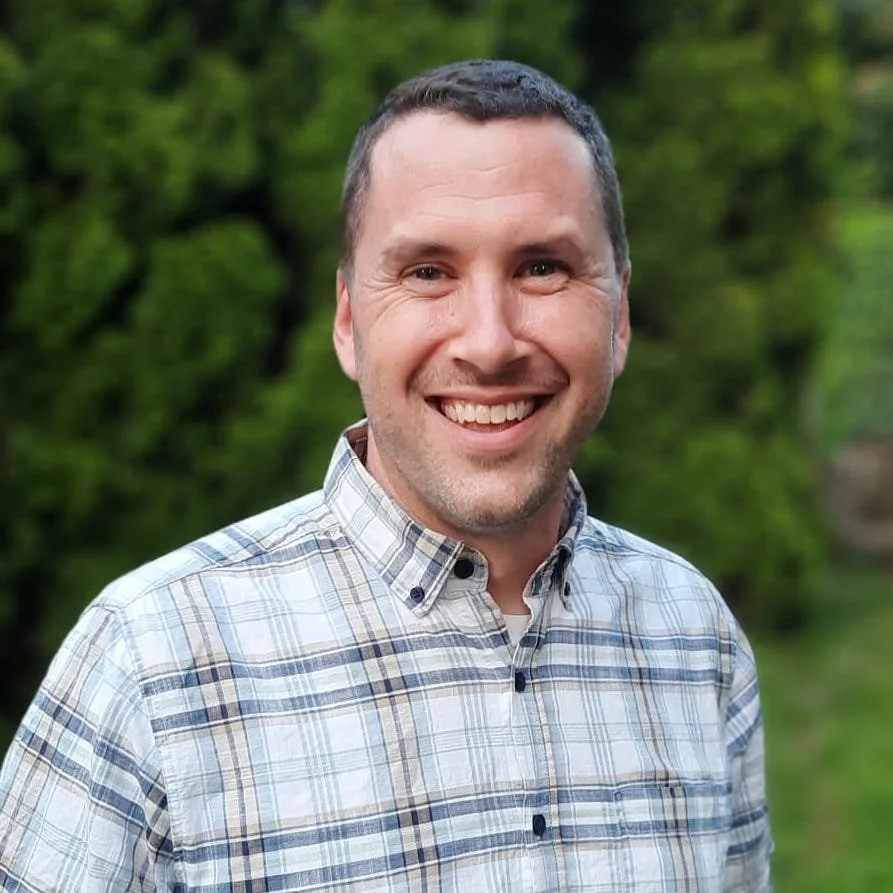Challenged & Encouraged by Muslim Thought Leaders
by Bryan Carey
Last Tuesday evening, I had the incredible privilege to attend a lecture at the University of Sarajevo by Dr. Ahmet Kuru, Director of Center for Islamic and Arabic Studies and professor of political science at San Diego State University. He spoke about his book, Islam, Authoritarianism, and Underdevelopment: A Global & Historical Comparison, and then the floor was opened for wider conversation with the audience.
I had previously heard about Dr. Kuru’s work from some Bosnian friends, because his research has taken the Muslim intellectual world by storm. In one anecdote, a friend shared with me about how Kuru’s book is simultaneously incredibly challenging for Muslims (even pairing “Islam” with negative words like “authoritarianism” and “underdevelopment” can result in backlash) and hope-filled, because from a historical perspective, the Islamic Golden Age (approximately 700-1100 CE) was characterized by significant advances in intellectual independence, physical and social sciences, literacy rates, the separation of religion and political power, and much more. During the same historical period, Christian Europe’s “Dark Ages” were characterized by theocracy, authoritarianism, underdevelopment, and violence. The cultural, intellectual, and political dynamism of the Islamic Golden Age shows that inclusive values, just systems, and diverse civic engagement for a robust democracy are not inherent to Christianity and foreign to Islam, but in some way a product of historical forces. For the many Muslims working to see the Islamic world move toward intellectual independence, inclusive values, and just systems, this historical analysis is both incredibly good news and also a challenge and critique to the cultures and systems that have and continue to contribute to authoritarianism and underdevelopment.
Dr. Kuru examines two typical arguments about why the Muslim world has fallen and remains behind the West both economically and in terms of levels of repressive and authoritarian governments: essentialism and post-colonialism. Essentialists blame Islam as itself the problem, yet Kuru holds up examples from the Islamic Golden Age as compelling evidence to the contrary. For post-colonialists who blame the West and colonial history, Kuru compares the Islamic world to other formerly colonized countries like China, Taiwan, South Korea, and various countries in Latin America. Instead of overly simplistic arguments from essentialists and post-colonialists, Kuru develops a much more nuanced historical thesis about socio-political developments that have allowed for complex alliances between religious officials and states. In short, it is the alliance between religious (ulama) and state officials that led and leads to a lack of economic and intellectual freedom and can result in underdevelopment and political authoritarianism.
As a Christian listening in and engaging with scholarly, self-reflective, and inspiring Muslim thought leaders, I was incredibly impressed. Several takeaways:
Similarities between Christian & Islamic civilizations: These cultural, religious, and political developments toward authoritarianism or democratization take time, yet there are crucial moments and actors that steer societies in either direction. I was very curious to discuss the similarities between the historical shifts in the Islamic world and parallels with anti-intellectualism and church-political alliances in the West at varying periods of history, including the present.
Courage to work for change: A significant conversation followed Kuru’s presentation about the social pressures and fear that prevent everyday Muslims from voicing questions and challenging systems and authorities in order to work for change. Whether this reluctance to step out comes from the pressure to conform to the group or the fear of hell, I felt like I was listening to Christians talking about similar dynamics and pressures to conform in our own Christian communities. Leaders who work for change require incredibly bravery to call their own group to a higher standard.
Actors for change: Another follow-up conversation was about the actors who are working for change. Who are they, and how do we further efforts toward the intellectual independence that allows societies to thrive and flourish? Although the preliminary conversation focused on higher level religious and political leaders who are working for change, I was much more interested in the conversation about the need for collaborative partnerships and “translation”; that is, in order for change to work its way both into local communities and political structures, we cannot stay in intellectual or religious silos. Mid-level work is essential to translate intellectual ideas down to the grassroots or up into political discourse and to build alliances made up of unlikely partnerships.
I was incredibly encouraged and challenged by these courageous Muslim thought leaders working for change in their own religious community, and I hope their example can inspire us to turn a self-interrogative lens on our own communities in order to sustain our efforts toward reform, intellectual independence, and ultimately the shalom of God’s reign.
Bryan is Peace Catalyst Director of International Partnerships, based in Bosnia and Herzegovina. In 2016 Bryan and his wife Stephanie moved to the Balkan region, where they have been learning alongside and supporting the work of Muslim, Catholic, and Orthodox peacebuilders. Bryan hosts workshops, conducts trainings, and teaches about peace-oriented theology, peacebuilding practices, and how Christian groups can get involved in community peacebuilding. Learn more about Bryan here.





